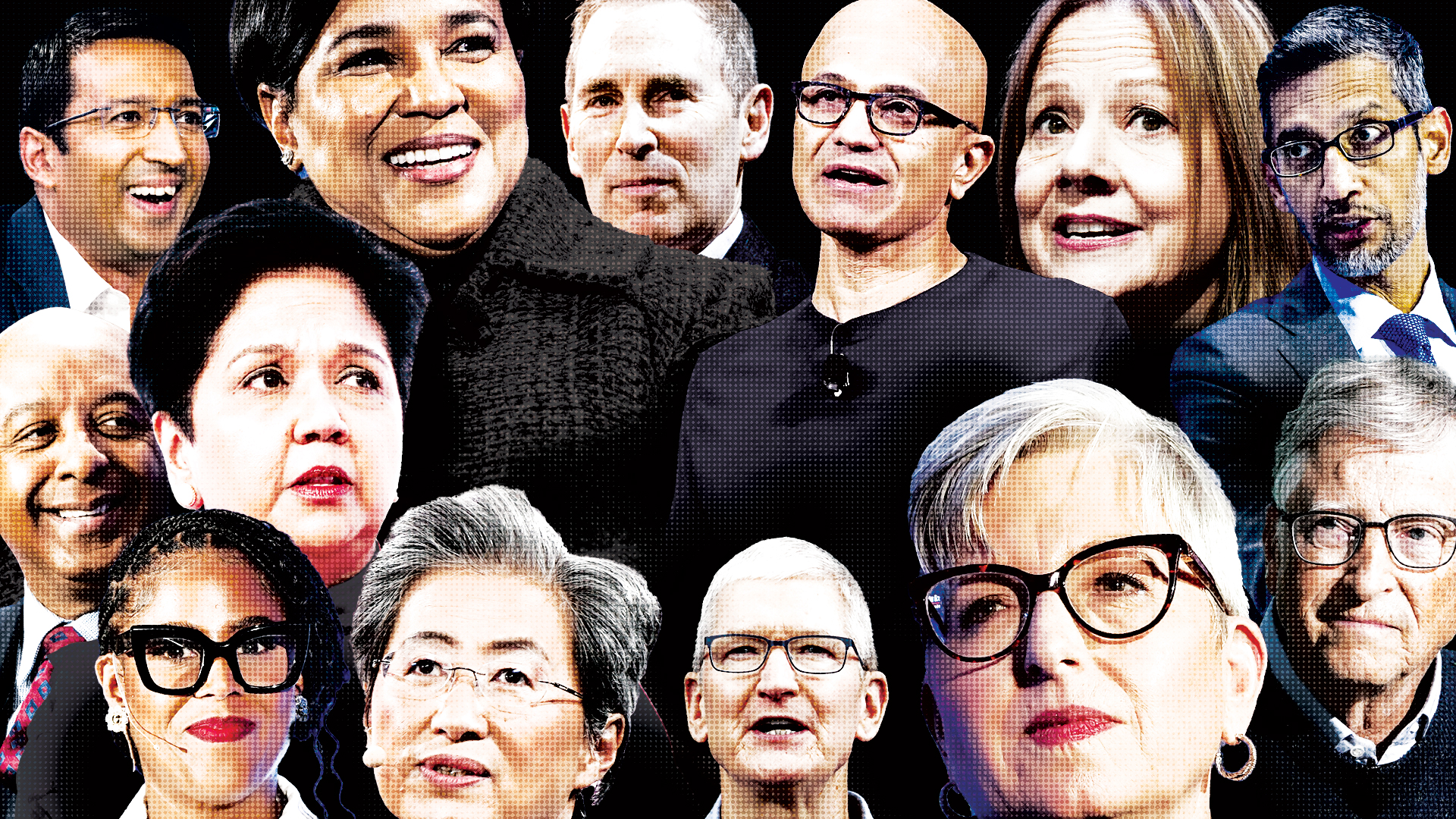
This year, TIME launched its inaugural list of the Best Colleges for Future Leaders and the Best Companies for Future Leaders, in partnership with Statista, a leading international provider of market and consumer data and rankings. The result of this study: 100 colleges and 150 companies forging the path into the future. Here's how the winners were selected.
Methodology
The "Best Companies and Colleges for Future Leaders" project aims to identify organizations in the U.S. that excel in nurturing highly influential leaders. This project explores questions like: "Where are top leaders typically educated?" and "Which companies often act as key stepping-stones and development platforms for leaders advancing to high-ranking positions?" The rankings offer insights into the organizations significantly contributing to the career trajectories of these leaders.
The methodology involves analyzing a diverse sample of 2,000 of the most influential leaders from various areas in U.S. society. These leaders span a broad range of industries and fields, bringing diverse experiences and expertise to their roles.
The CVs of all of the leaders were meticulously compiled, documenting all publicly available information about their educational and professional experiences. Research sources included personal websites, CV / Resume documents, corporate bios, social media pages, and news media articles.
The selection criteria for leaders in the sample focused on their current roles, emphasizing the paths they took to reach these highly influential positions. For this reason, current positions were removed from consideration, meaning that the data focused exclusively on the roles that brought leaders to their current positions.
Only companies with a significant presence in the U.S. were considered, in alignment with the project's geographic scope. This U.S. presence criteria was only applied at the position level, so that leaders who were born, educated, or had work experience outside of the U.S. still played a role in the evaluation, but only in those experiences that had a U.S. presence.
Board and advisory roles, as well as honorary degrees and positions, were excluded from consideration, as these often recognize existing success rather than contribute to career development.
Approximately 14,000 individual career milestones (CV stations) were collected for the sample. Sources included corporate biographies, personal websites, official CVs, and social media profiles. These data covered details like organization names, positions, start and end dates. Organizations were grouped under their current parent brands, accounting for acquisitions, spin-offs, rebrands, etc. For instance, acquired entities still operating under a parent company were included under the latter's brand. After compiling and cleaning the data, company headcounts and university enrollment figures were gathered. These enrollment and headcount numbers were factored into a leadership index, balancing the influence of organization size, to ensure that organizations of all sizes could be recognized for excelling in leadership development. CV stations were categorized into 'educational' and 'professional,' encompassing degrees and professional roles, respectively.
The final rankings include two lists: "Top 100 Colleges for Future Leaders" and "Top 150 Companies for Future Leaders," which were derived from the leadership index. These rankings showcase organizations excelling in nurturing future leaders, based on a comprehensive and methodical analysis.
More Must-Reads from TIME
- Donald Trump Is TIME's 2024 Person of the Year
- Why We Chose Trump as Person of the Year
- Is Intermittent Fasting Good or Bad for You?
- The 100 Must-Read Books of 2024
- The 20 Best Christmas TV Episodes
- Column: If Optimism Feels Ridiculous Now, Try Hope
- The Future of Climate Action Is Trade Policy
- Merle Bombardieri Is Helping People Make the Baby Decision
Contact us at letters@time.com